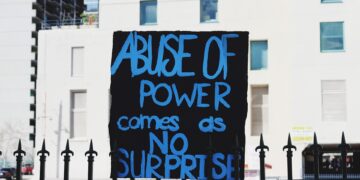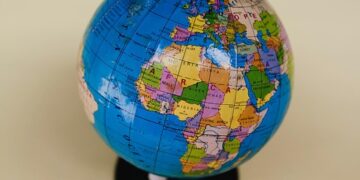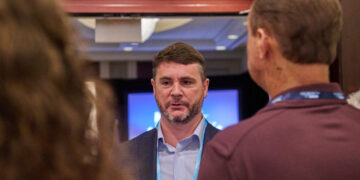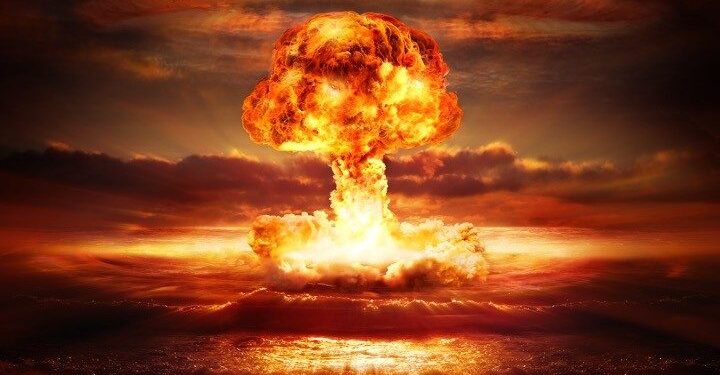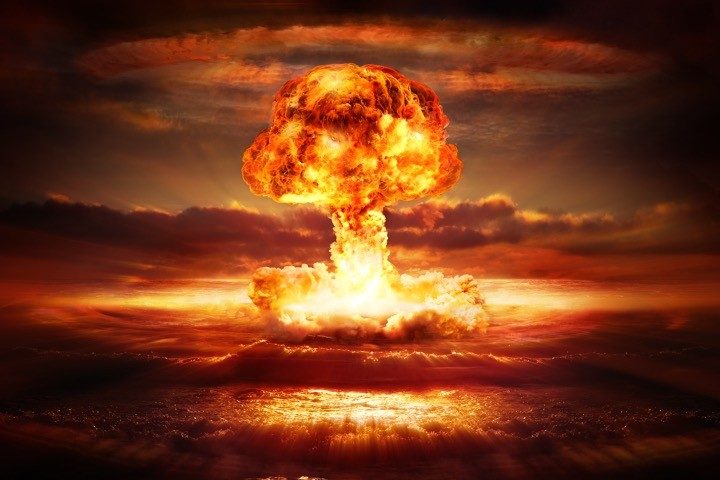
As a child of the ’70s and ’80s, I, along with my age mates, remember Cold War nuclear annihilation fears well. Oh, I was born after “duck and cover” days, but we did, for example, have the post-apocalyptic 1983 film The Day After, which portrayed a nuclear war’s consequences. Watched by 100 million-plus Americans — more than half our adult population at the time — it’s credited for creating impetus for policies that reduced the atomic threat. Even then-President Ronald Reagan was “greatly depressed” by the movie, as he wrote in his diary, and it stiffened his resolve to, as he put it, ensure “there is never a nuclear war.”
That was then. Judging from people’s concerns today, you could think nuclear weapons had gone the way of the dodo. Americans are focused elsewhere, with young people worried about “climate change” and many doomsayers sounding an alarm over artificial intelligence (which may be problematic). But the atomic threat still very much looms. In fact, says a Harvard academic, nuclear war may be closer than ever.
Newsweek reports on the story:
A Harvard professor has warned the world is dangerously close to nuclear war at a time when leading experts key to preventing such conflicts are “aging out,” pleading with leaders to urgently seek help from a new generation of scientists and engineers.
Matthew Bunn, a professor of energy, national security and foreign policy, said “the risk of nuclear war has not been so high since the Cuban Missile Crisis” in 1962.
“Dark clouds loom on the nuclear horizon, with threats from all directions,” he wrote in an editorial for the scientific journal Science, released Thursday. “The world could soon face an unrestrained arms competition for the first time in over five decades—and a more complex one involving more countries and more technologies.”
In his editorial, Bunn warned the 2010 New START Treaty is the last remaining agreement limiting U.S. and Russian nuclear forces, but it expires in 2026, with Russia blocking required inspections and no new talks underway.
He pointed to a global landscape that is marked by heightened nuclear tensions, including: Russia’s nuclear threats in the Ukraine conflict; China’s construction of numerous missile silos; North Korea’s missile testing; ongoing nuclear rivalry between India and Pakistan; and Iran’s nuclear ambitions.
All or Nothing?
Yet there’s another critical factor here, points out Professor Robert M. Dover, an expert in intelligence and national security at the U.K.’s University of Hull. “As conventional forces are reduced the ladder of escalation is shorter, and the danger is higher,” he told Newsweek. This could be analogized to a man (like a Vietnam veteran I once met) who’s trained in only deadly martial arts and thus has just two options in a fight: doing nothing — and killing you.
This should be considered seriously given how we’re inching closer to war with Russia over Ukraine. Since Moscow couldn’t begin to tackle NATO conventionally, does this not greatly increase the chances that such a conflict could go nuclear? Apropos to this, Serbia’s president just warned that unless the great powers deescalate in Ukraine, “we’re in for a real disaster” (more on that momentarily).
As for the deadly geopolitical martial arts, there are currently more than “12,000 nuclear weapons around the world,” adds the online Science Times. “According to the Federation of American Scientists, the US has about 5,100 warheads, Russia has around 5,580, China has 500, the UK has 225, and France has 290. Meanwhile, India and Pakistan each have about 170 warheads, North Korea has 50 and Israel has 90.”
Yet while nuclear-weapons figures have been bandied about for decades, is this just a numbers game?
Or is the real issue mentality?
Relating to my opening, The New York Times asked last month if it “is time to protest nuclear war again” (in the right way, yes, but not with a unilateral-disarmament focus). Eric Weinstein, mathematical physicist, popular podcaster, and brother of Professor Bret Weinstein, has suggested that we resume nuclear testing so people are reminded of nuclear weapons’ threat and devastating power. For sure, too, this appears lost on many.
Just peruse Ukraine-war articles’ comments sections and you’ll see statements to the effect of, “If Putin tries anything, we’ll incinerate Russia.” Have these people not heard of MAD (Mutual Assured Destruction)? Yes, Russia would be devastated in a nuclear war — and so would we.
Thus could we ask: Where is our day’s The Day After? Hollywood’s not now interested in waking people up. For while it had sympathy for the Soviets in the ’80s, it hates Russia, supports our escalation in Ukraine, and doesn’t worry about co-ideologist Joe Biden having the nuclear football.
So the warnings, again, are left to more obscure voices. This brings us back to Serbia’s president, Aleksandar Vučić. In a recent interview, he warned that the world is facing “a real catastrophe” that is perhaps just three or four months away.
“‘We see a dark end to everything that will happen in Ukraine if the major powers do nothing,’” website The Balkan relates him as saying. “‘Yes, I am quite sure that in a short period of time we will have a real disaster,’ the Serbian President reiterated. ‘The rhetoric is getting worse day by day and it reminds me of a quote from a famous historian: ‘The train has left the station and no one can stop it.’ I believe that the last days are approaching when we have the opportunity to reevaluate and reflect on what is happening in Ukraine.’”
“In Vučić’s opinion, the West cannot afford to lose in Ukraine because it will further weaken the geopolitical situation of the United States and NATO,” The Balkan added. “On the other side, ‘if Putin loses the war, he will personally lose everything…. Everything is at stake for both sides. No one can afford defeat. Therefore, I publicly stated and did not hide that we are approaching a real disaster.’”
As I’ve put it, the NATO/Russia conflict is like two cars racing toward each other, playing chicken; if one doesn’t veer off, disaster will ensue.
Moscow has a unique national interest in, and history with, Ukraine; we don’t. The conflict is in Russia’s backyard, not ours. If we don’t at some point soon veer off, civilizational destruction may result.
And what’s another way of saying this? Our mentality, where we worry about all the wrong things, may end up killing us.
Shop For Night Vision | See more…
Shop For Survival Gear | See more…
-
Sale!

Quick Slow Release Paramedic Survival Emergency Tourniquet Buckle
Original price was: $14.99.$7.99Current price is: $7.99. Add to cart -
Sale!

Stainless Steel Survival Climbing Claw Carabiner Multitool Folding Grappling Hook
Original price was: $19.99.$9.99Current price is: $9.99. Add to cart -
Sale!

Tactical Camo Nylon Body Armor Hunting Vest With Pouch
Original price was: $49.99.$39.99Current price is: $39.99. Select options This product has multiple variants. The options may be chosen on the product page




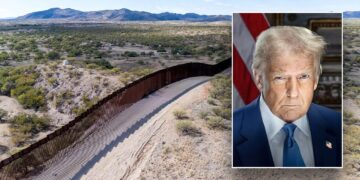



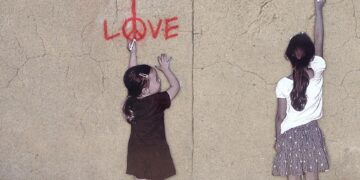
























 Reaction & Commentary
Reaction & Commentary